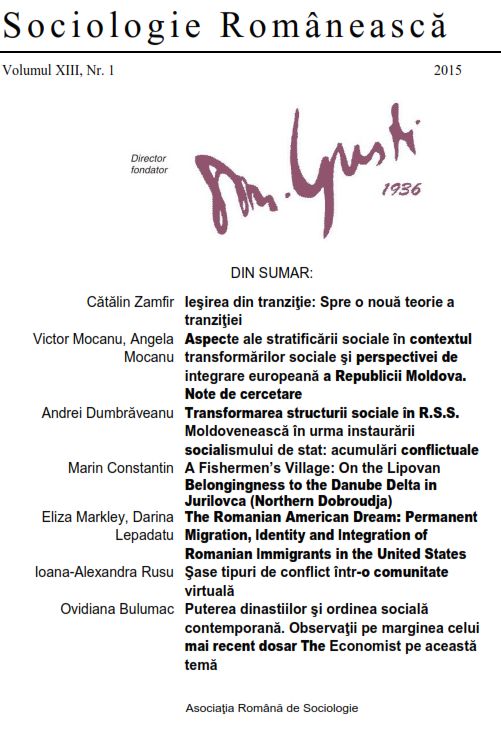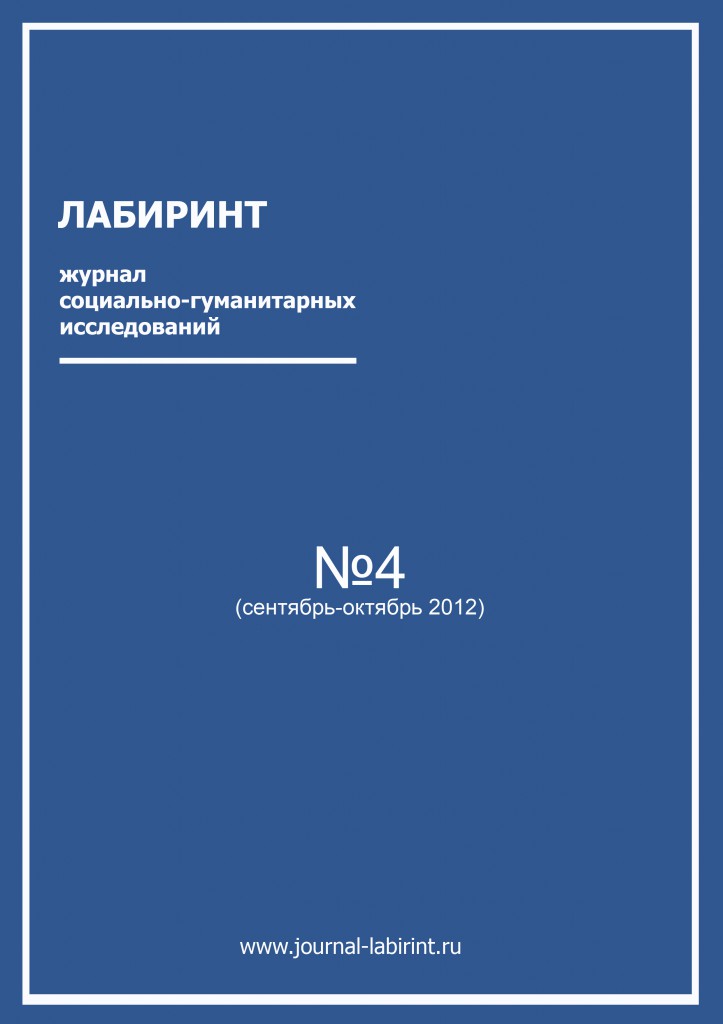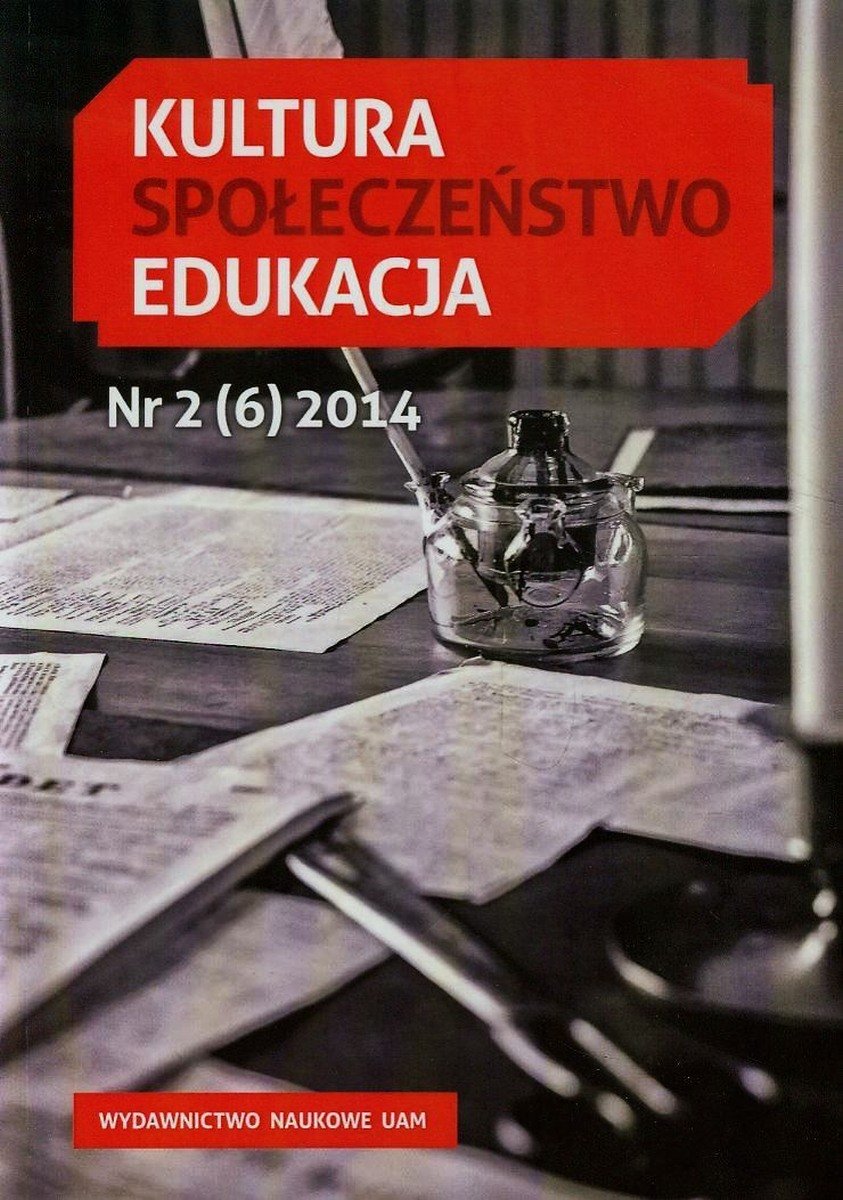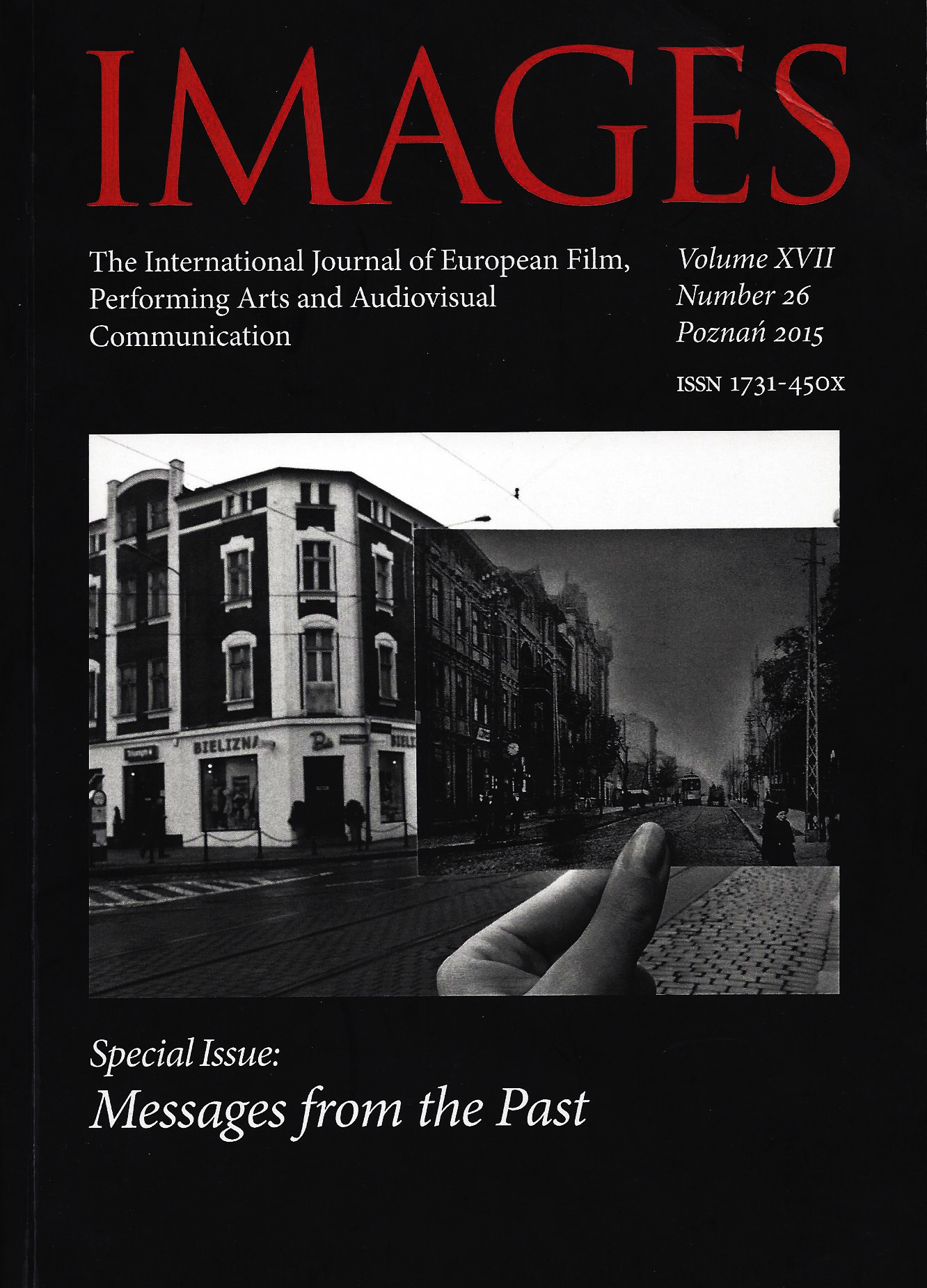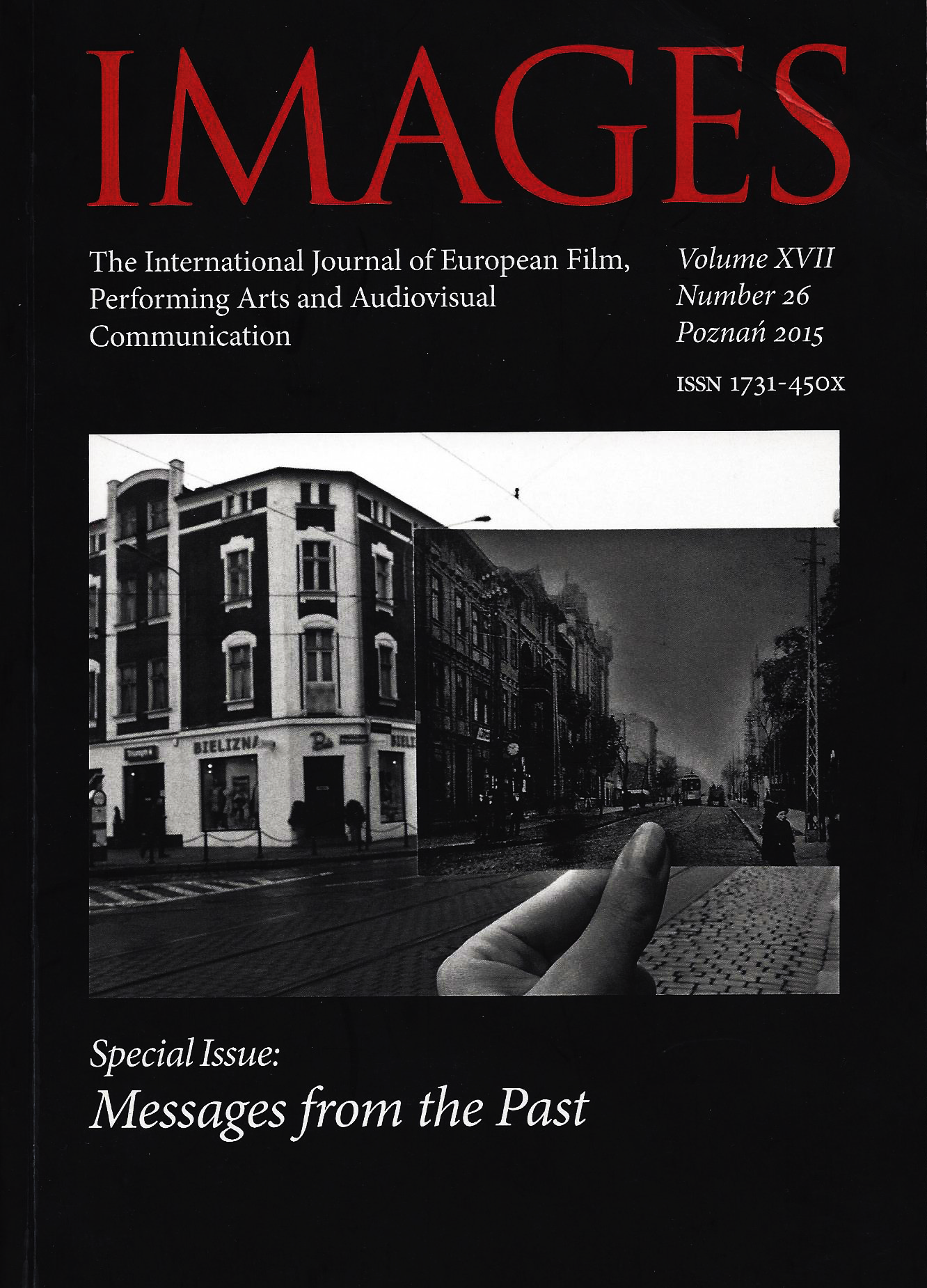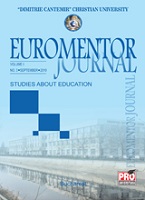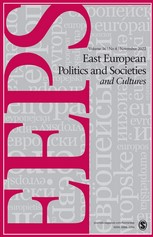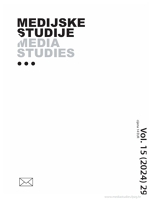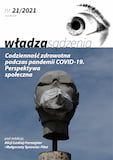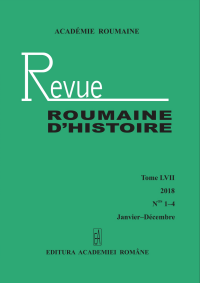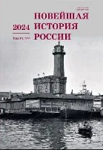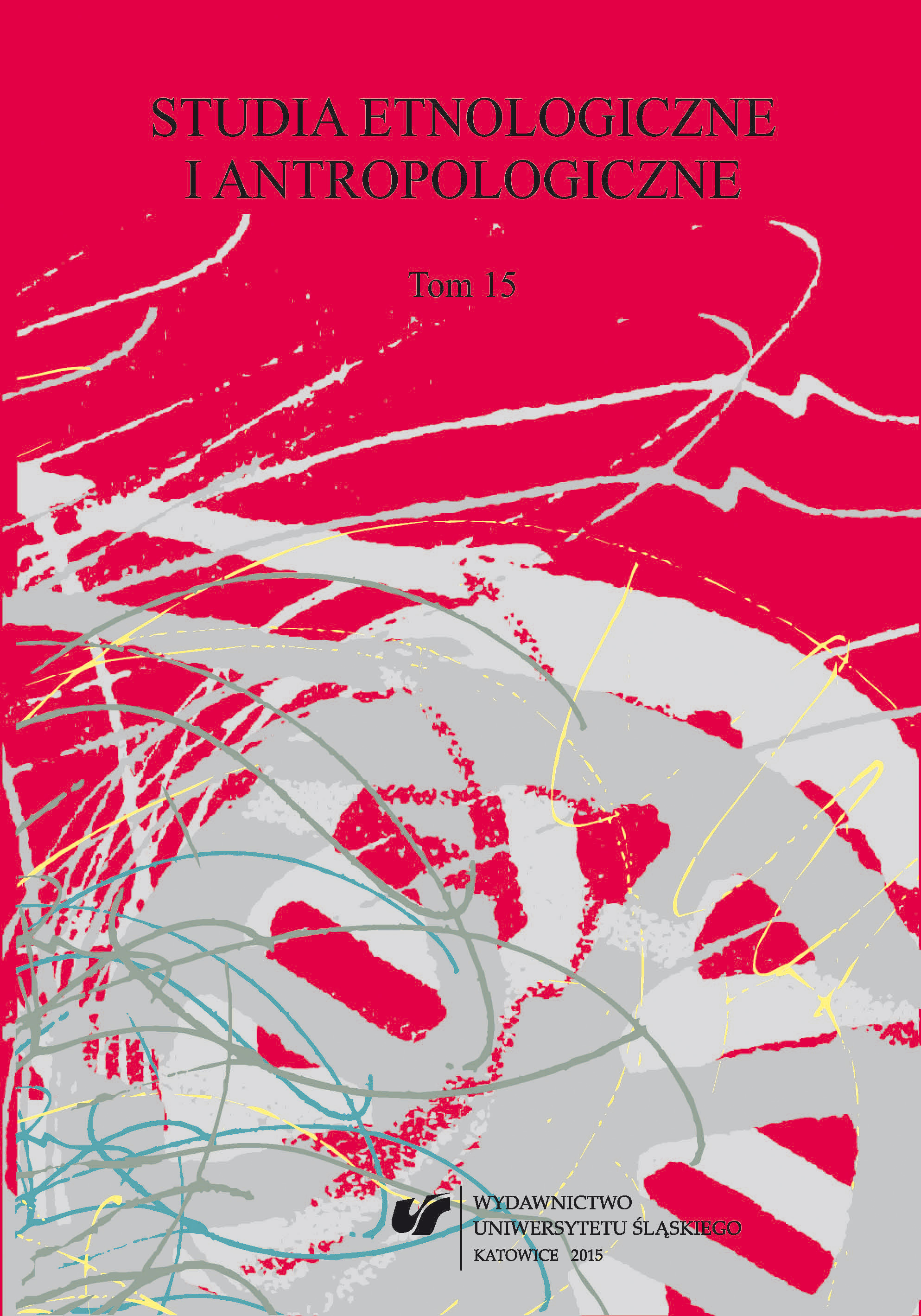
Formy, sposoby i cele wybranych dramatyzacji przestrzeni miejskiej. Czy istnieje sprzeczność między omnipotencją władzy i dążeniami różnych grup społeczności miejskiej?
Open public spaces (including streets, squares and parks) are common property of residents. They are, however, within the scope of city councils which, by means of laws, decide who and how can use them. The main user of this space is the city, that is the city council, which either organizes or co-organizes most mass events. Their main features (the article only discusses ludic events) are: regularity, organization, predictability and order. These enents are “proper” in every respect. On the other hand, some groups of city dwellers, particularly young people (secondary school pupils, students, and “skaters”) want to entertain themselves in public urban spaces according to their preferances. Their activities are most frequently chaotic, improvised and even anarchist. They are anything but “proper”. This breeds conflicts between these goals and the authorities represented by city wardens and the police. The conflict: city authorities versus tourists and locals, participating in wild and often obscene “displays” in the public spaces of Krakow, is even more drastic. On the one hand, the conflicts described in the article allow us to show the forms and ways of dramatization of urban space. On the other hand, they are an obvious proof of unrelenting fight of the antagonists: city authorities, who consider themselves monopolists — sole proprietors of public space, and different groups of residents, as well as tourists overtly expressing their conviction that this space belongs to everybody and that any usurpations are civil rights violations. Whichever approach we take, it has to be said that the conflict is both structural (it arises from different aims and convictions of the participating groups) and permanent (it escalates and wanes, but always exists).
More...
